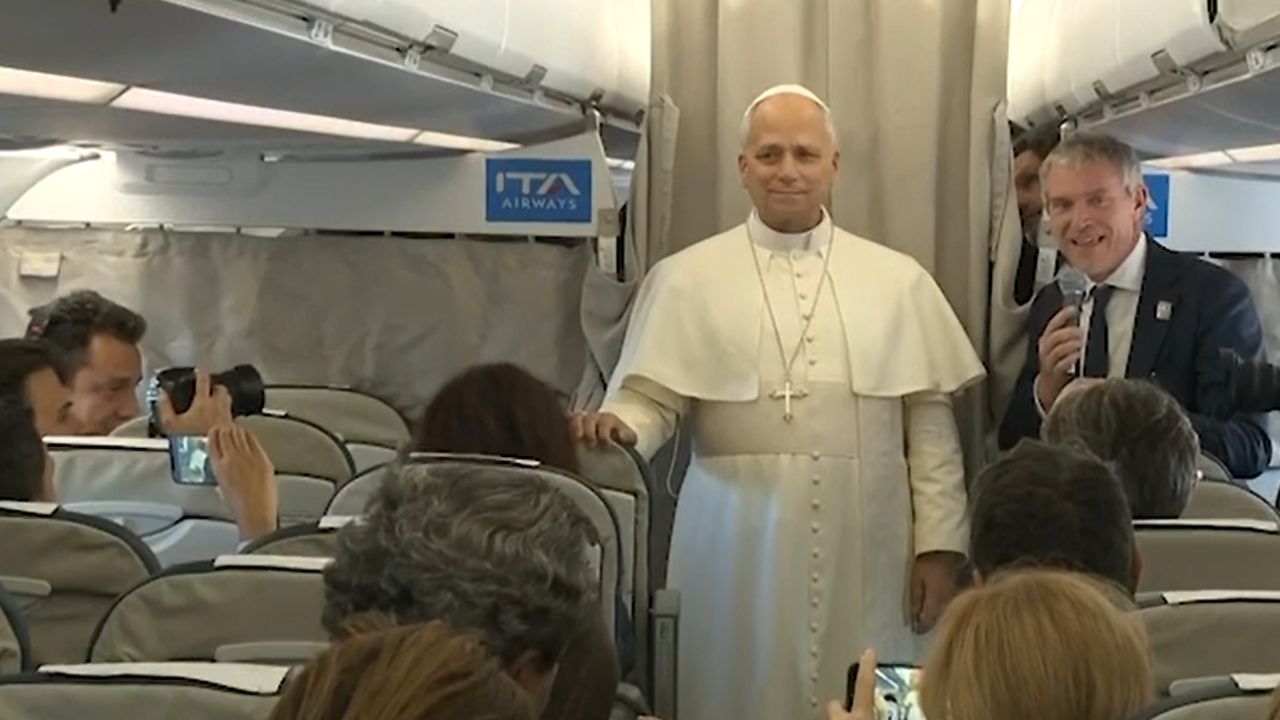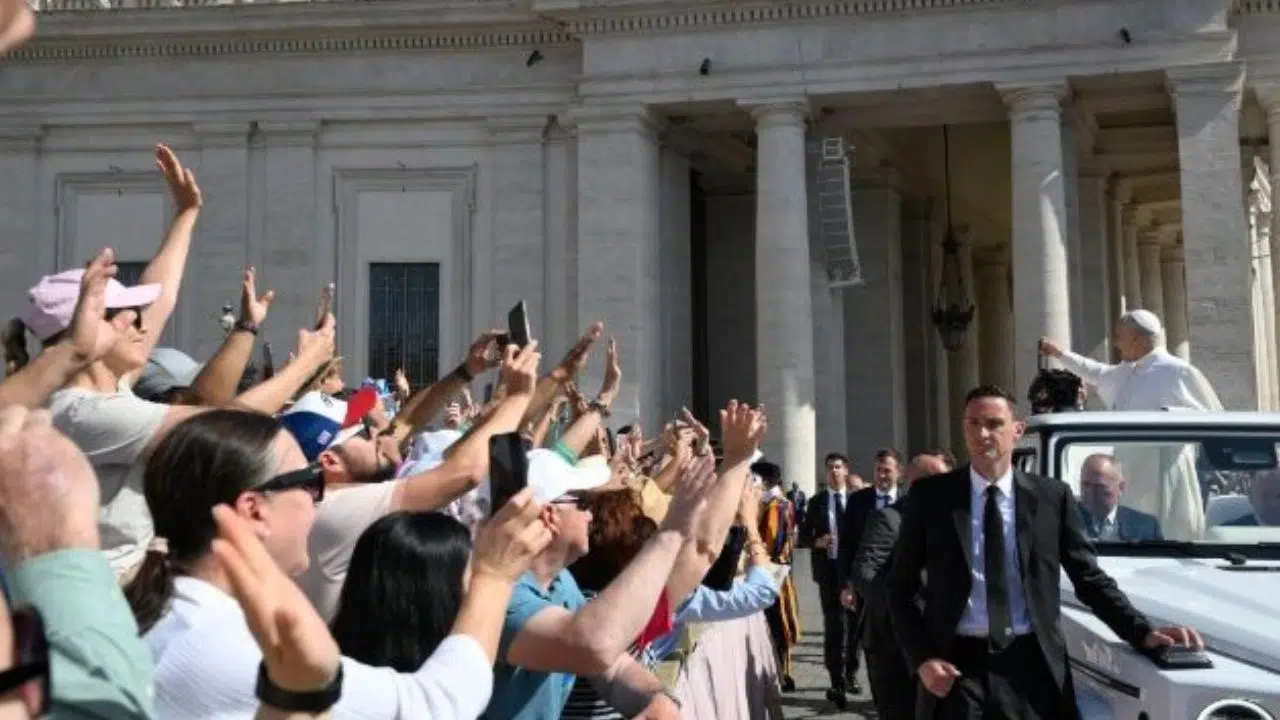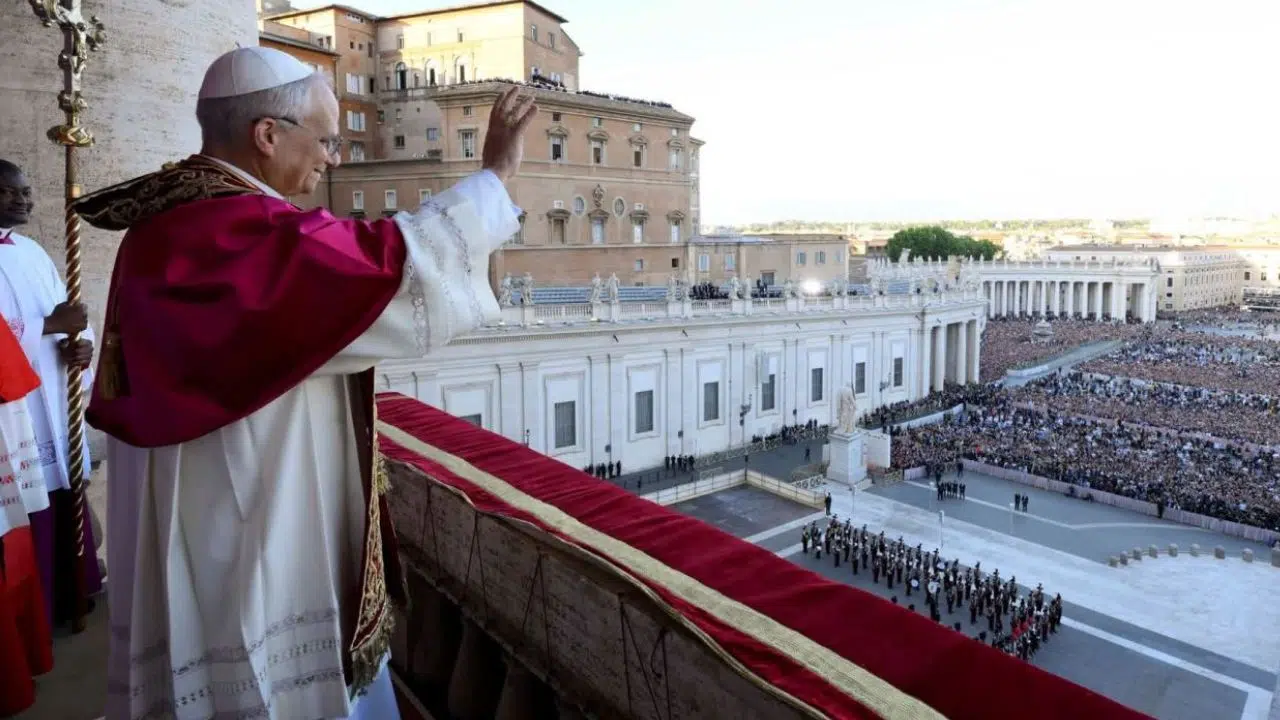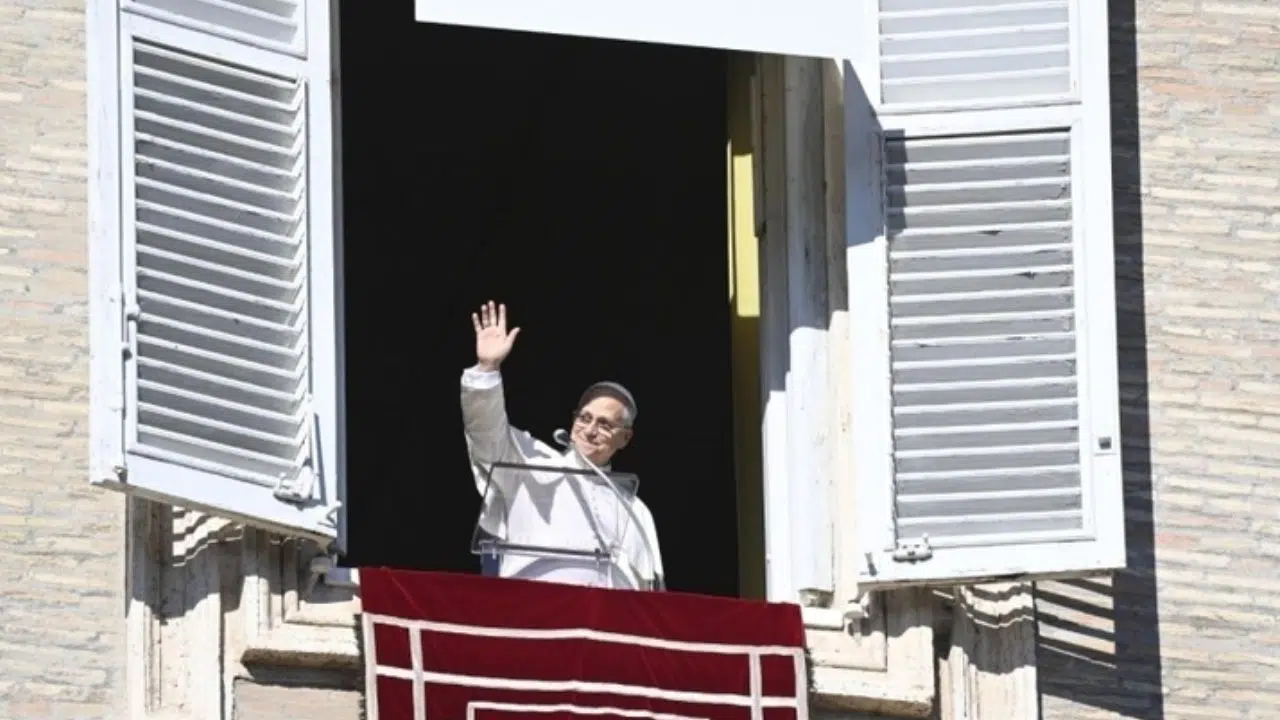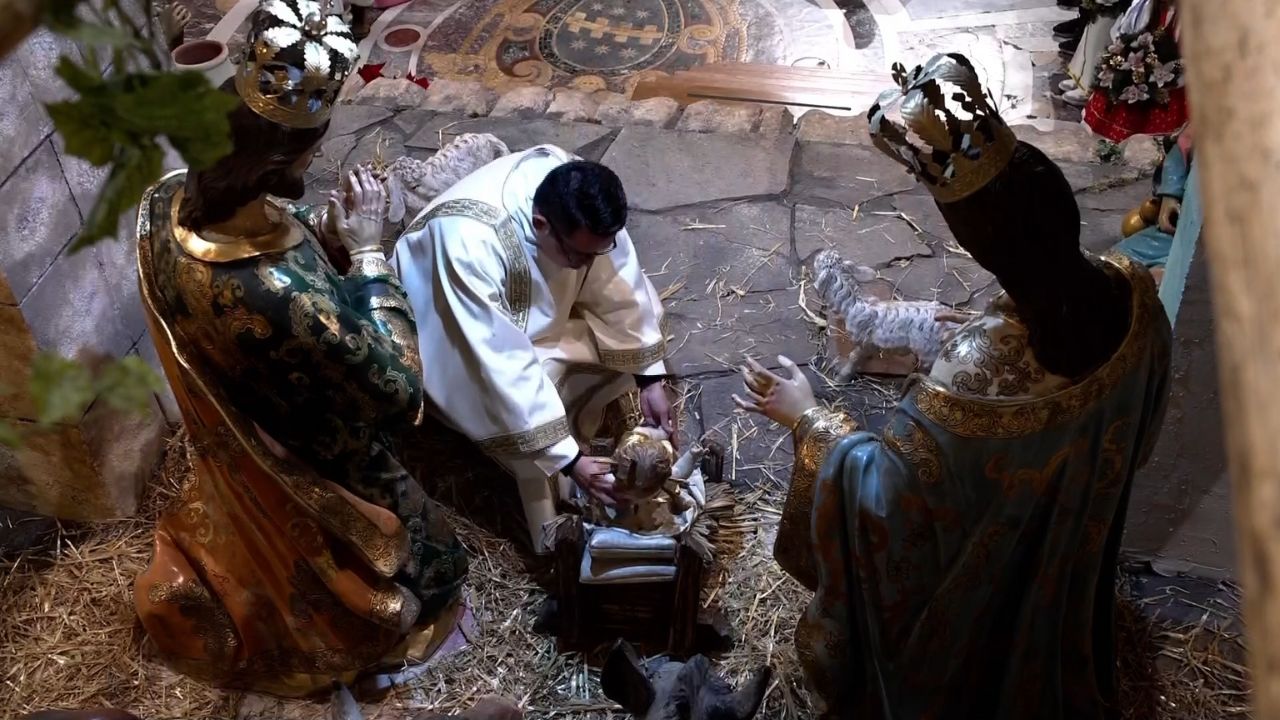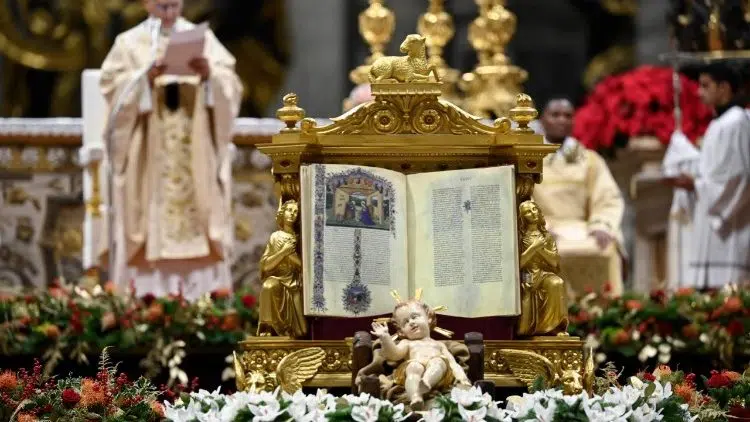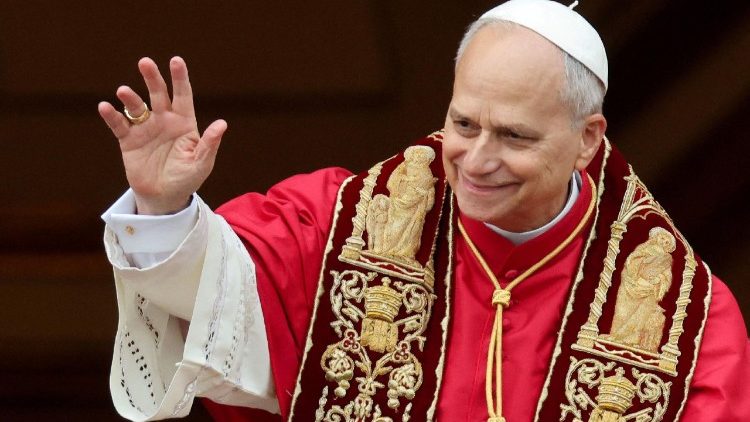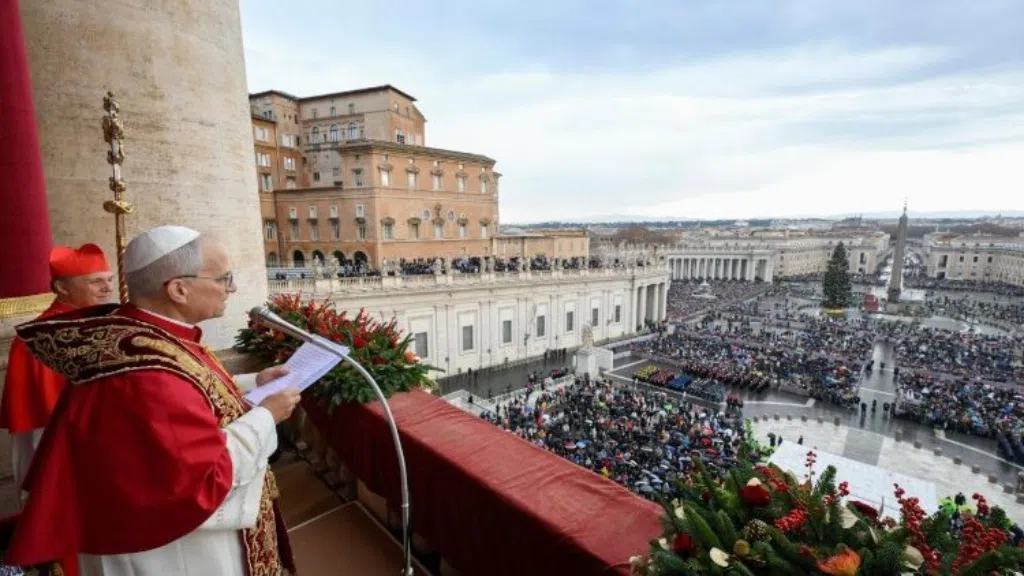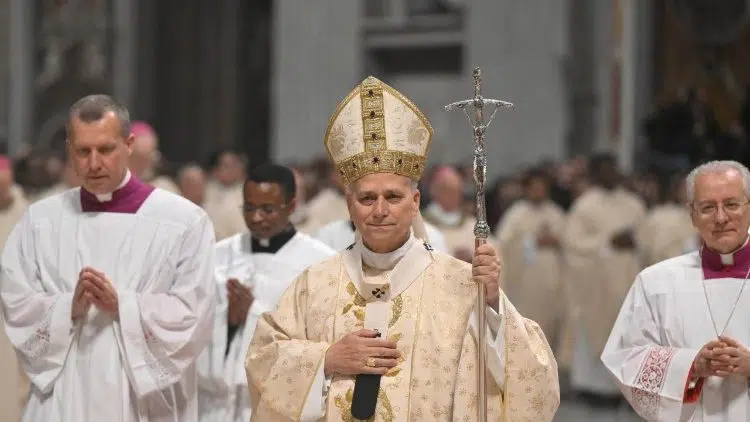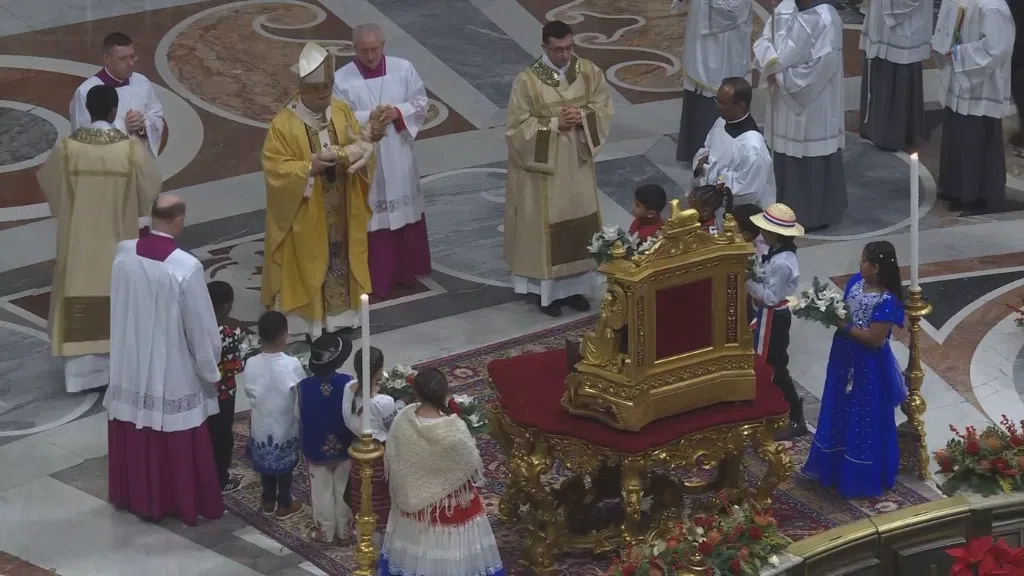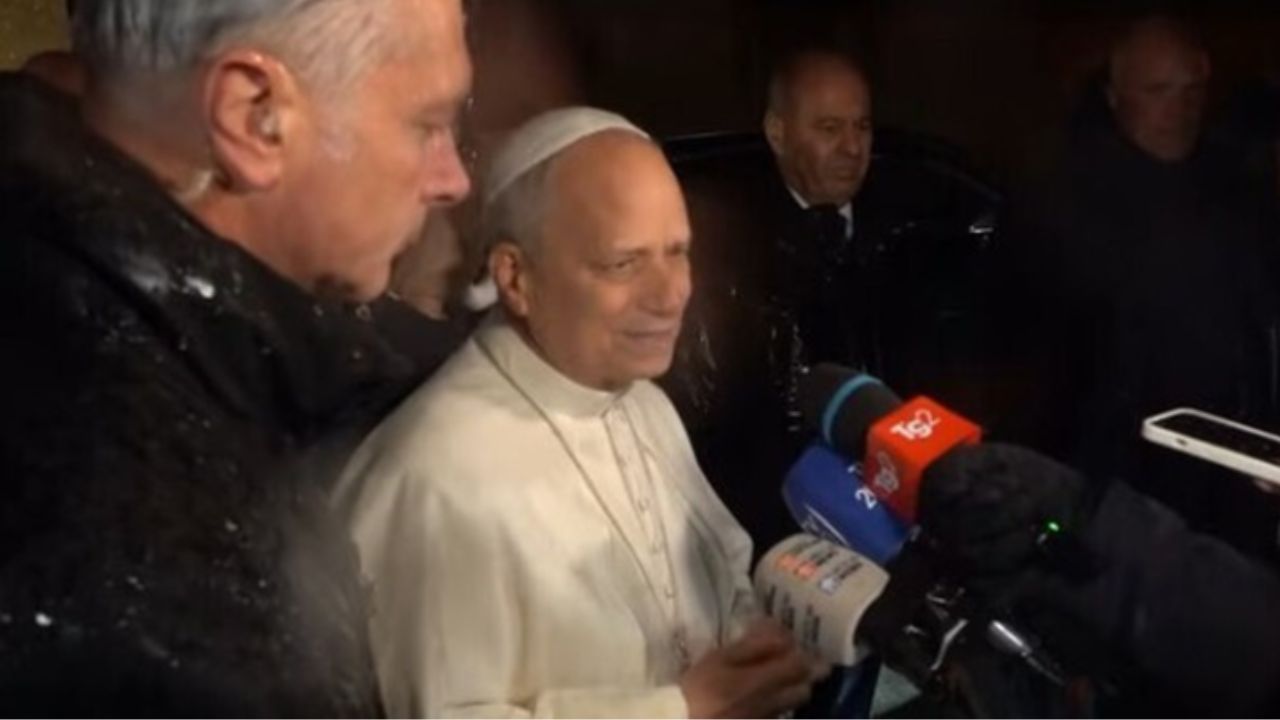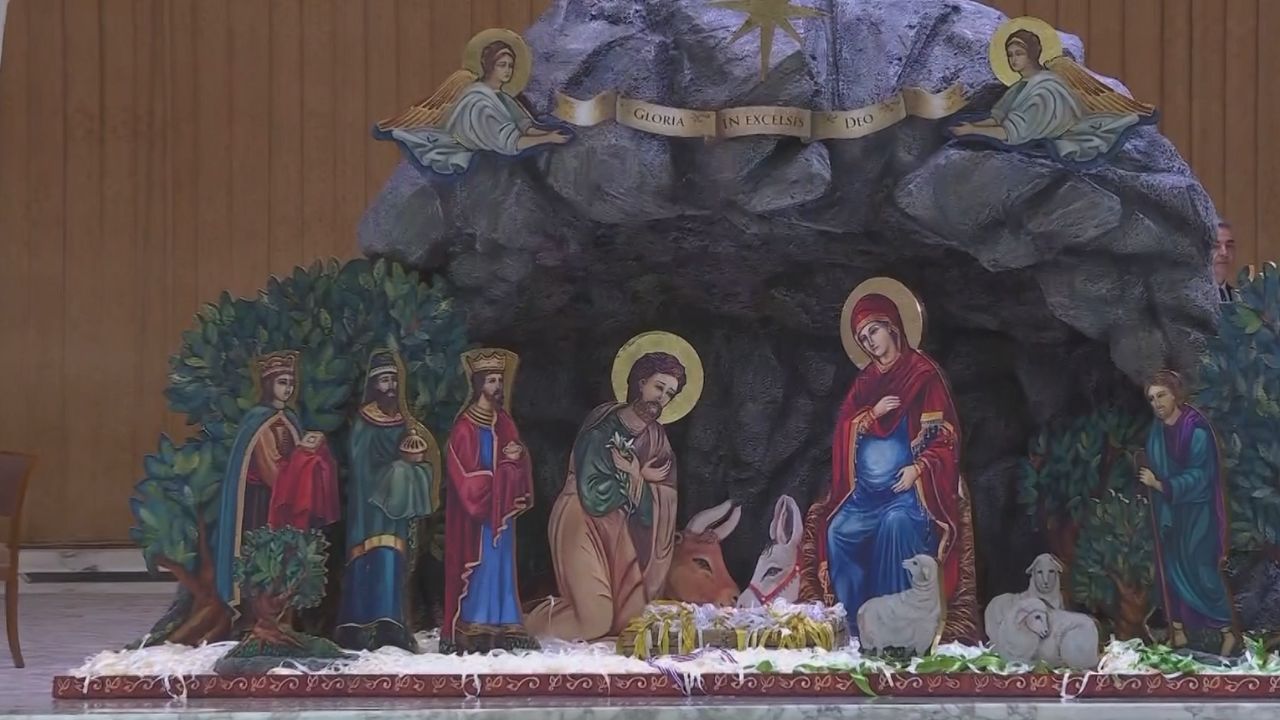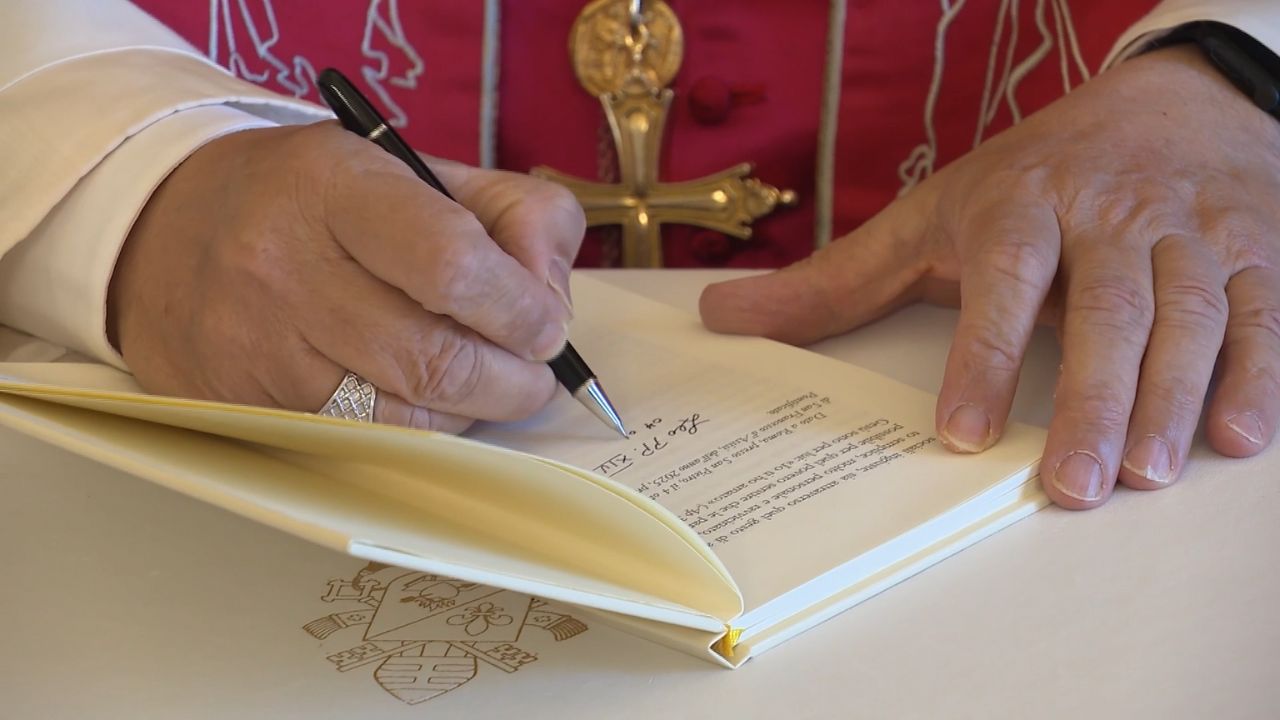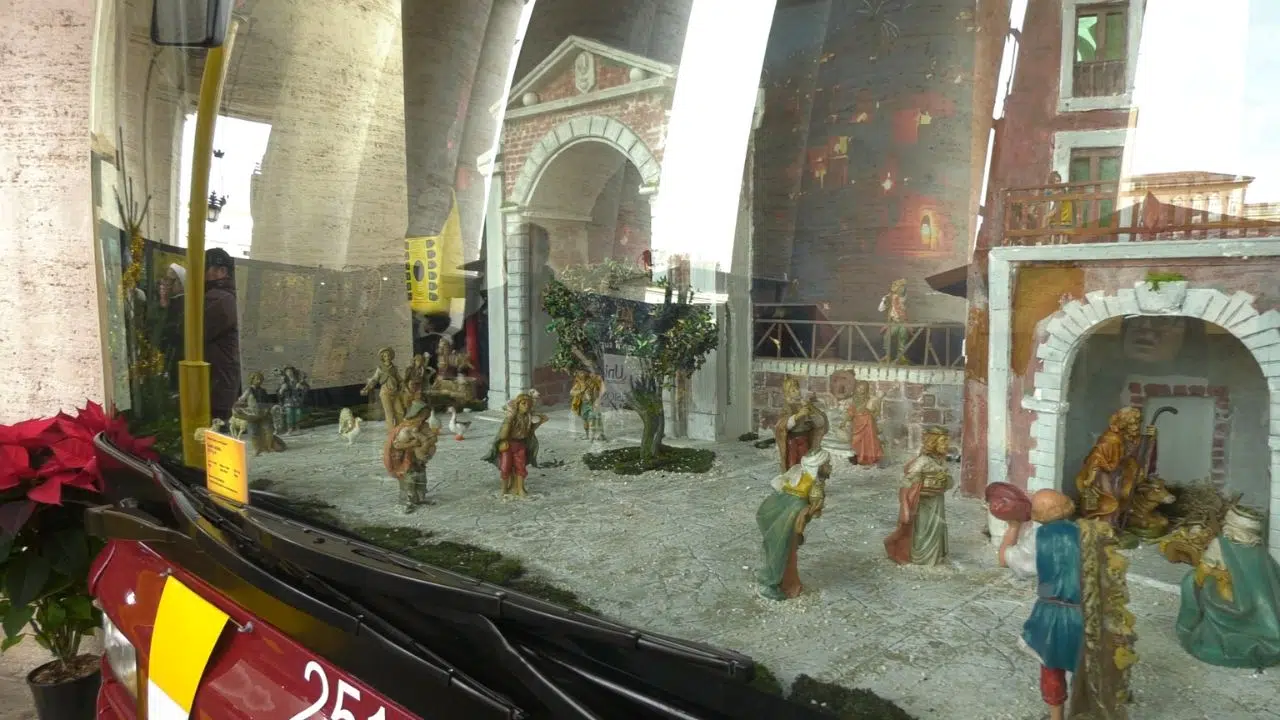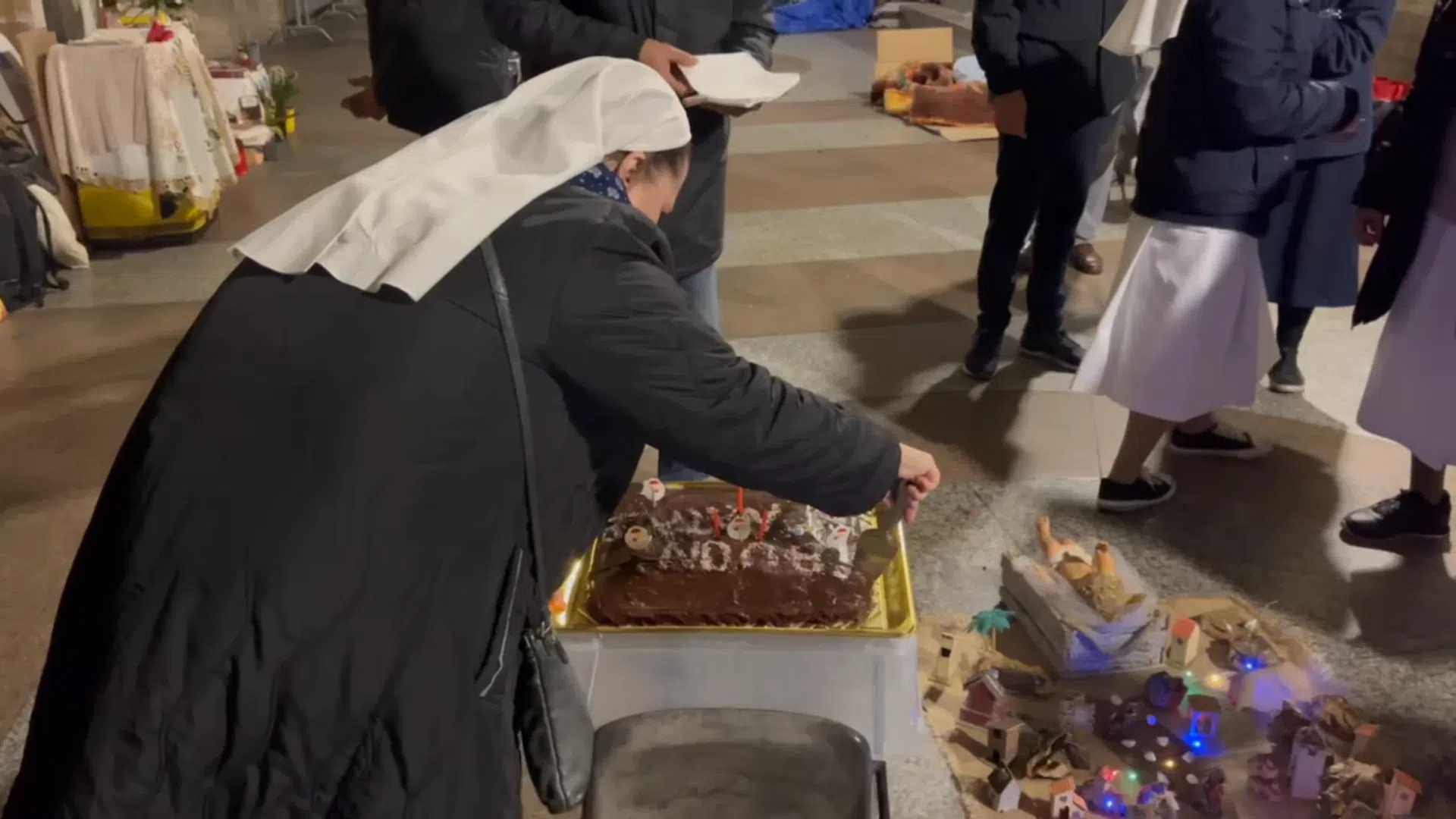The pope explained to students from the Pontifical Latin American College in Rome the great challenge present on his native continent: the preservation of its identity.
He warned that society is fragmenting and dividing South America.
POPE FRANCIS
'This is aggravated when discourses that divide are promoted and they produce different types of confrontations and hatred toward those who 'are not one of us.' This is seen in importing cultural traditions that have little or nothing to do with our history and identity. So instead of being mixed, like they once were in the past, they end up uprooting our cultures from their richest and most historical traditions.'
Pope Francis said the Church can also be contaminated by this new culture that is invading. Thus, it must not lose sight of its mission.
POPE FRANCIS
'The Church is not set apart from this situation and is exposed to this temptation. He who is subject to the same environment, runs the risk of becoming disoriented by falling prey to one or another polarization. Or he can become uprooted if he forgets his vocation is a source of encounter. The Church also suffers from this invasion of ideological colonization.'
To avoid this polarization, the pope asked that priests be 'artisans of relationship and communion' in their countries. He said that they should promote lasting peace processes.
POPE FRANCIS
'A priest in his parish or in his diocese can do a lot - and this is good! But he also runs the risk of becoming burned out, isolating himself or looking out for only himself. To feel a part of a priestly community, in which everyone is important manages to awaken and encourage processes and dynamics that are capable of transcending time.'
The pope encouraged them to follow the example of St. Oscar Romero. The Salvadoran prelate studied at the Pontifical Latin American College. This institution celebrates 160 years of its foundation. Among those present was also the Superior General of the Jesuits, Fr. Arturo Sosa, from Venezuela.
